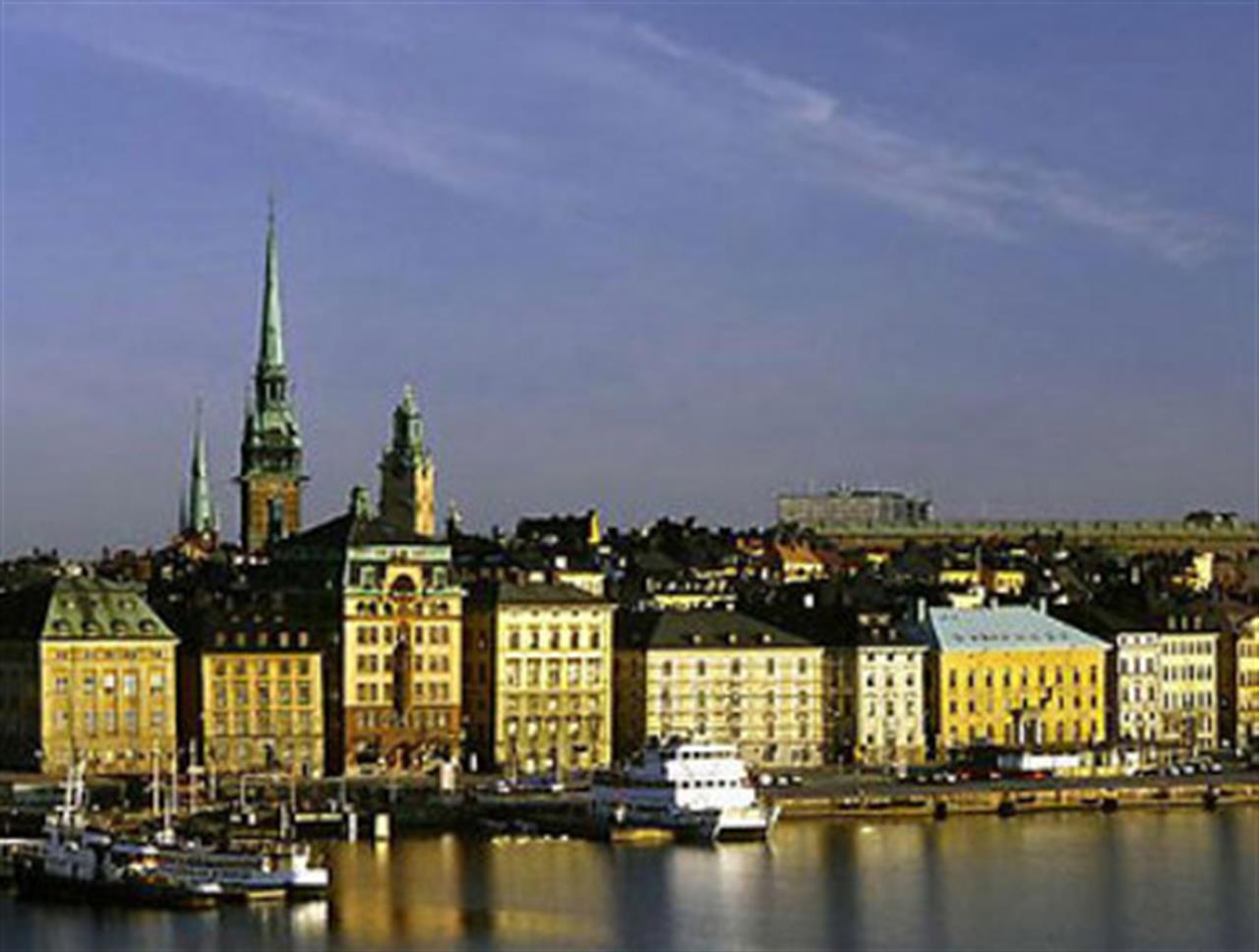A new benchmark examines countries on the well-being of their populations, rather than on economic measures, such as GDP. The newly released Social Progress Index is a ranking of national social and environmental progress, to be published annually starting in 2013. This year the index assessed 50 countries representing three-quarters of the world ‘s population.
Sweden placed first, followed by the UK, Switzerland, Canada, Germany and the U.S. New countries will be added each year until at least 120 countries are included.
The measure covers a wide range of issues, including 52 indicators across 14 components among which personal safety, ecosystem sustainability, health and wellness, shelter, nutrition and sanitation, equity and inclusion, personal freedom and choice.
The Social Progress Index is an initiative by The Social Progress Imperative , a new organization created to support the development of the SPI and help political, philanthropic and civil society leaders promoting effective social innovation, and by Harvard Business School Professor Michael Porter. It uses original resource as well as data from the World Bank, the World Health Organization and other sources.
The index looks at social and environmental outcomes directly, rather than inputs. Health spending, for instance, didn’t have a strong correlation with health outcomes. The US, which has the highest per capital spending on health care, ranked only 11th on health and wellness, behind Canada, which ranked 4th overall.
Almost all the wealthiest countries, such as the US, Canada and Australia did poorly with environmental sustainability.
Also, although economic growth is broadly correlated with social progress, there are exceptions from that. Costa Rica, a middle income country which placed 11th overall, has a higher social progress than South Africa, even though they have a similar GDP.
Russia, at 32, received low marks on meeting basic needs. As regards low income countries, Nigeria and Ghana have similar income but Ghana is doing much better in terms of social progress.
Nessuno ti regala niente, noi sì
Hai letto questo articolo liberamente, senza essere bloccato dopo le prime righe. Ti è piaciuto? L’hai trovato interessante e utile? Gli articoli online di VITA sono in larga parte accessibili gratuitamente. Ci teniamo sia così per sempre, perché l’informazione è un diritto di tutti. E possiamo farlo grazie al supporto di chi si abbona.

